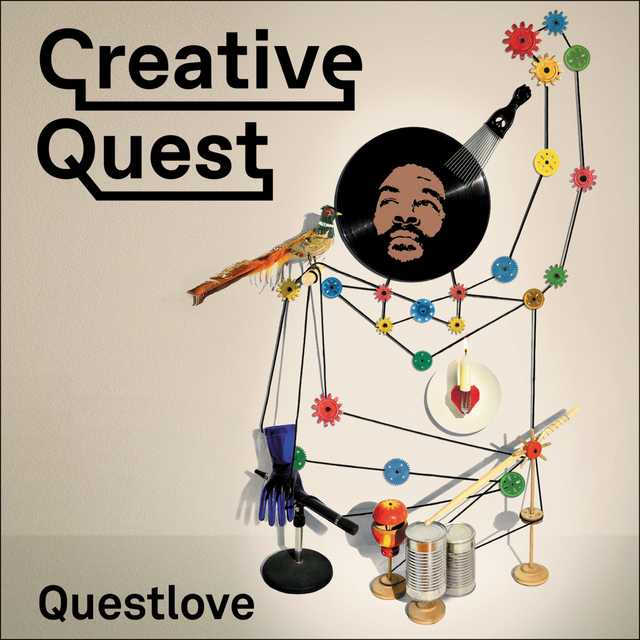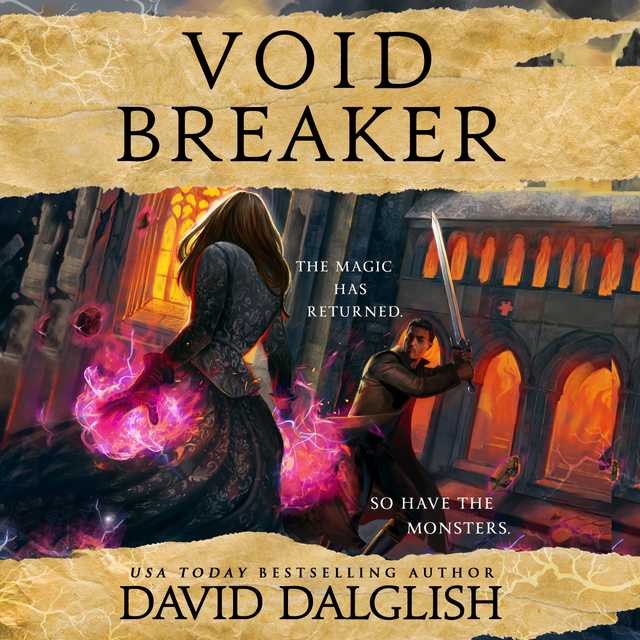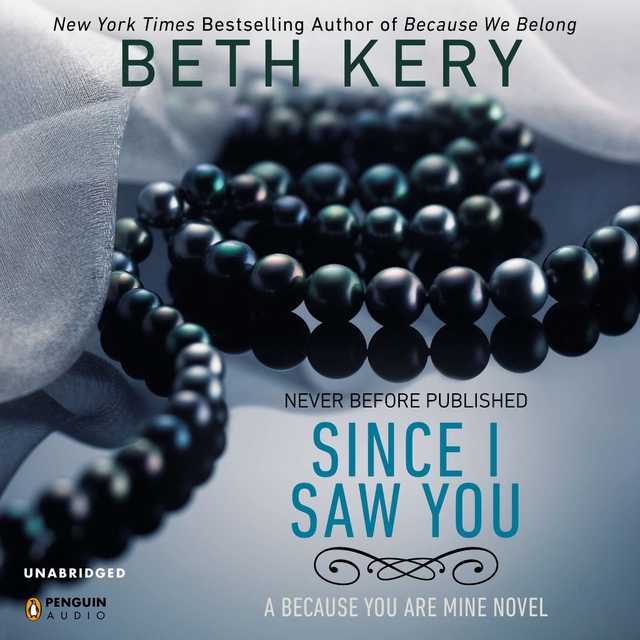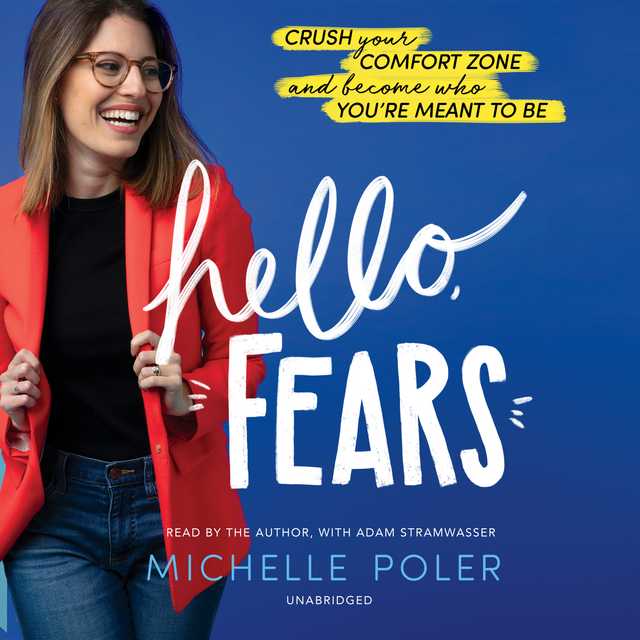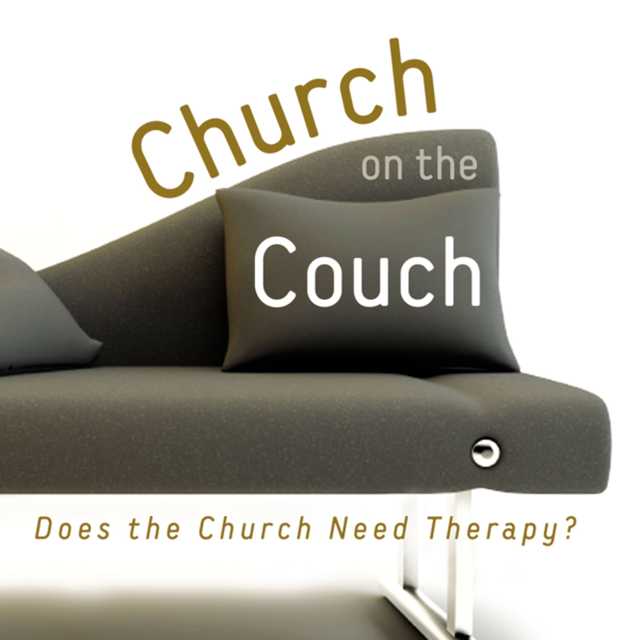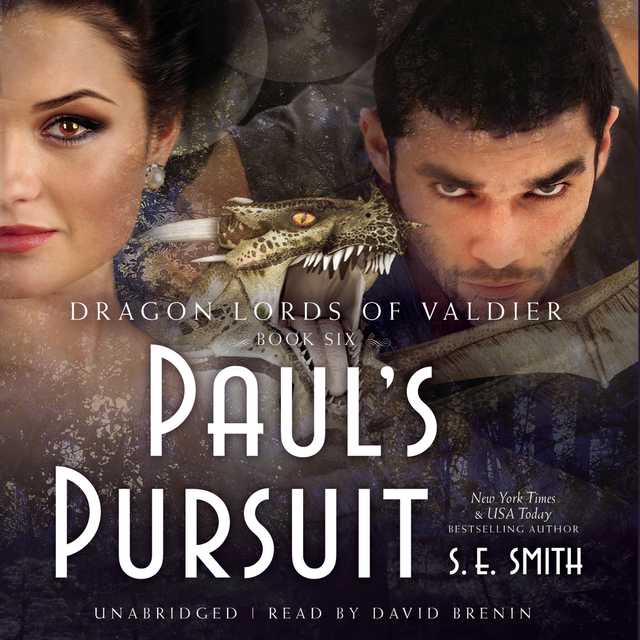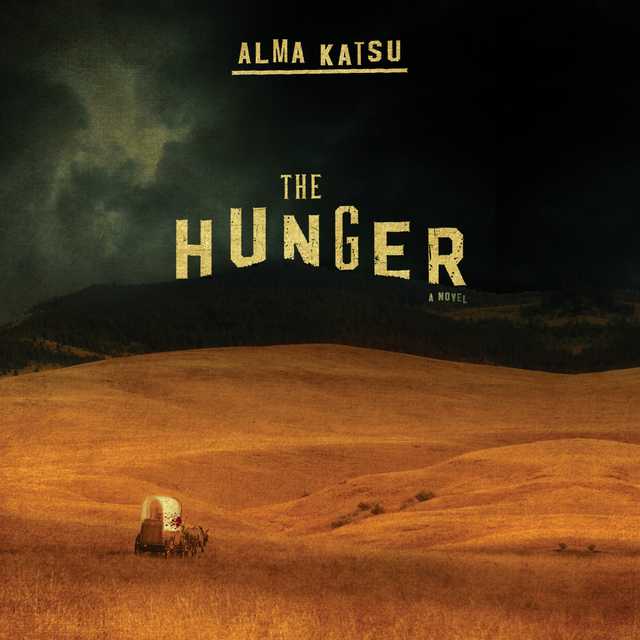Creative Quest Audiobook Summary
GRAMMY NOMINEE
This unique, boundary pushing audiobook features original music by Questlove and members of The Roots with vocal guest appearances from Fred Armisen, Tariq Trotter, Dion Flynn, Robin Thede, “Suga” Steve Mandel, Norm MacDonald, Ludo Lefebvre, and Molly Kelly.
Questlove – musician, bandleader, designer, producer, culinary entrepreneur, professor, and all-around cultural omnivore – shares his wisdom on the topics of inspiration and originality in a one-of-a-kind guide to living your best creative life.
In Creative Quest, Questlove synthesizes all the creative philosophies, lessons, and stories he’s heard from the many creators and collaborators in his life, and reflects on his own experience, to advise listeners and fans on how to consider creativity and where to find it. He addresses many topics – what it means to be creative, how to find a mentor and serve as an apprentice, the wisdom of maintaining a creative network, coping with critics and the foibles of success, and the specific pitfalls of contemporary culture – all in the service of guiding admirers who have followed his career and newcomers not yet acquainted with his story.
Whether discussing his own life or channeling the lessons he’s learned from forefathers such as George Clinton, collaborators like D’Angelo, or like-minded artists including Ava DuVernay, David Byrne, Bjork, and others, Questlove speaks with the candor and enthusiasm that fans have come to expect. Creative Questis many things – above all, a wise and wide-ranging conversation around the eternal mystery of creativity.
Other Top Audiobooks
Creative Quest Audiobook Narrator
Questlove is the narrator of Creative Quest audiobook that was written by Questlove
Questlove is a drummer, DJ, producer, culinary entrepreneur, designer, New York Times bestselling and James Beard Award-nominated author, and cofounder of Philadelphia’s most influential hip-hop group, the Roots. He is the musical director for The Tonight Show Starring Jimmy Fallon, where the Roots serve as the house band, and a four-time Grammy Award-winning musician. He is also an adjunct professor at the NYU Tisch School of the Arts.
About the Author(s) of Creative Quest
Questlove is the author of Creative Quest
More From the Same
- Author : Questlove
- Music Is History
- The Rhythm of Time
- Publisher : HarperAudio
- Abraham
- American Gods [TV Tie-In]
- Dead Ringer
- House of Sand and Fog
- Prey
Creative Quest Full Details
| Length | 8 hours 44 minutes |
| Author | Questlove |
| Category | |
| Publisher | HarperAudio |
| Release date | April 24, 2018 |
| ISBN | 9780062797940 |
Subjects
The publisher of the Creative Quest is HarperAudio. includes the following subjects: The BISAC Subject Code is Creativity, Self-Help
Additional info
The publisher of the Creative Quest is HarperAudio. The imprint is HarperAudio. It is supplied by HarperAudio. The ISBN-13 is 9780062797940.
Global Availability
This book is only available in the United States.
Goodreads Reviews
Rincey
December 08, 2018
Love, love, loved listening to this book. But now I want to buy a physical copy to mark up because he really has some great pieces about creativity and creative workWatch me discuss this book in my November wrap up: https://youtu.be/vzYX9EeZvRs
Angell
June 11, 2018
This book is genius, and universal concepts are simplified. Just about anyone can benefit from this information. And anyone who wants to create the unthinkable can understand and improve their own unique craft with this brilliant masterpiece. As a writer, sometimes it’s hard to stay original. This h
Philipp
June 15, 2018
What a warm book, a great joy to read. It's like The War of Art: Break Through the Blocks & Win Your Inner Creative Battles but without the weird cancer victim-blaming, and with more of an introspective, self-reflection vibe going on.There's so much mature, smart stuff here:Especially in a hyperconnected world you cannot stop 'stealing' from others, it's impossible to remember whether an idea you had is novel or whether you saw it on Twitter late at night 2 years ago. That's not a bad thing, but you have to develop from there, you have to curate your inner space. You have to let some things in and purposely leave some things out.Creative people need to start thinking of themselves a little differently. Now, in the twenty-first century, creative life also includes some management of other people’s creativity and the overlap between yours and theirs. To put it a different way: you can be an artist, but you also have to be a curator. You have to occupy both of these roles at the same time.I find that very interesting, and it reminded me of Kobo Abe/Haruki Murakami. I think part of the reason Murakami is so popular in 'Western' audiences is that there is no point of reference, no similar author. However I'm convinced that Murakami 'took' a lot from Kobo Abe (who I only discovered because once I thought I'll read the whole public library in Muenster starting from A - I gave up at Chinua Achebe because the glue of the books smelled weird). That's not a bad thing, that's how art works, but it's great luck for Murakami that Abe is so unknown (get The Box Man!), it makes Murakami stand out more. I wonder how many other authors stand out in a similar way (just think of Umberto Eco and his neverending knowledge of books!)There's so much other cool stuff, like this quote:Protocreativity? Prepackaging? Whatever it is, it can be useful. If you’re a writer, imagine the blurbs that will be on the paperback. If you’re a painter, imagine what people will say when they’re standing in front of your canvas. This is another example of being present but not-present: you are the creator but also the eventual audience. When you’re on the outside of your own work looking in, you’ll be able to see the overall shape of it, which will help you to realize that you’re on the right track (or, alternatively, that you’re not).The best scientists' talks I've seen were clearly thought out in a similar way. I've seen the greats finish their talks, take questions, say 'ah yes!' and show a few more slides they prepared in advance, slides which didn't fit with the story they wanted to tell, but slides which answered the audience question perfectly. That always leaves me in awe. (Questlove has a similar story where he expected that someone on the Internet will claim that his drums on a record weren't played live and weren't played through, so he put in a tiny fill at a particular position so he could point any future naysayer to that second! that is so cool)Questlove is not a fan of artists who present themselves as 'pure', outside of any commercial interest. He lists a few points where commercial interests are the drivers of the art, without it the art would've never been made (the deadline!). I'm reminded of Douglas Adams, who would've never finished The Hitchhiker's Guide to the Galaxy without the BBC's deadlines, famously writing scenes for the radio play while the previous scene was being recorded in the next room over. In science it's very similar, the majority of scientists (I believe) need a structure around them, they need a goal to work towards. Nowadays it's the paper, the publication, in the past, it was the public presentation. I think that the focus on papers is one of the drivers of a faster scientific progress, but that's hard to prove (the professional scientist is a very recent invention too, and now there's so many more compared to Darwin's time!)One great example you should probably read is Mlodinow's Feynman's Rainbow: A Search for Beauty in Physics and in Life, which is more or less exactly about this dichotomy between 'inner drive towards creativity' and 'outside pressures to produce results'. After a highly promising PhD thesis Mlodinow was offered a unique 'do whatever you want' position, which is what the book is about. Without external structure Mlodinow crashed and burned, and eventually left science! I believe that most scientists would've fared similar. That's not to say that wasting years of your life writing grant applications are necessary, but I believe (like Questlove) that this external structure driving you on is (mostly!) necessary.Another great point Questlove brings up is failure.David Bowie said something I really liked. I don’t know if he said it often, but it’s the kind of thing that you should get tattooed on your leg. He said that creativity is “one of the few human endeavors where you can crash your airplane and walk away from it.” Your mistakes don’t have to bring you down, not by any means. But Bowie’s observation has an even deeper level. Creative failures can feel like near-death experiences, and surviving them can create a sense of liberation. [...]Creative failure leads to a similar liberation. When you walk away from your crashed airplane, you’re playing with house money. You can do anything—and hopefully you will. Failure is sometimes in your mind. Sometimes it’s in the eye of the . . . well, not the beholder, exactly, but the afflicted. Even when it’s not, even when it’s indisputable, it’s never the end. [...] true creative people don’t walk away from it, not exactly. They walk toward the next thing.How good is that? It works similar in research - one of the things I have to learn as an early career researcher is when to admit defeat, when to kill a project. Sometimes research just doesn't work, you neither proved or falsified the basic hypothesis, nothing makes sense, and I've seen people waste years of their career going down these nowhere paths. The day you kill those projects, the day you kill your darlings you'll feel sad, but also liberated. I think Konrad Lorenz wrote something to the tune that as a researcher, every day before breakfast you should kill your favourite hypothesis, it keeps you young.Anyway, read this book if you want a warm, mature, kind voice telling you about creativity as a lifelong pursuit, you won't regret it.P.S.: Somewhere, Questlove cites a self-motivational letter Michael Jackson wrote to himself when he was starting out on his solo career ('I should be a new, incredible actor/singer/dancer that will shock the world.'). It reminded me of Octavia E. Butler's wonderful letter here, go read it! (Questlove uses this as an example for the necessary 'departures' a creative person makes, to break out of the mould other people see them in)
Mandy
May 22, 2018
I’m a junkie for books about writing and books about creativity, and a lot of them make me want to shake the addiction. This book is a notable exception. It’s readable, clarifying, and was something I immediately put to use for a museum visit that definitely enriched the experience. For that last one it was obvious advice I usually feel too guilty to embrace: skip the stuff that doesn’t grab you and save the time for work that moves you. The narrative and stories in this book are probably the most enriching, particularly because they’re not predictable stories of overcoming challenges through boot straps and perseverance. Instead it’s unraveling the kind of knotty blocks and challenges that are the “gifts” of the creative process. And he’s honest enough to talk about how people need to get paid so most of us can’t afford to ignore or dismiss our audience.My only complaint is this book needs a Spotify playlist. Questlove’s expertise and intuitive feel for music (which he admits is sometimes snobby) is truly awesome. Read this book with your phone nearby so you can catch his references and enrich your life.
julieta
June 13, 2018
Yes! At first I thought this book was kind of self help (which coming from Questlove would be a great one anyway) But it´s not. He tells a bunch of great stories that have to do with creativity. I recommend this to anyone, not just artists or people who do something that is more obvious with being creative. I think we all require of creativity in one form or another, and this book is a great read. It´s like having a friend give you tips, and anecdotes about different ways of inventing and reinventing yourself, about humility, and competition. And you do get some great ideas, and thoughts by someone who is truly creative. Can Questlove be my neighbor please?
Pat
June 22, 2018
Very fun book, and one that's superb in audiobook form because it's read by the author, who uses the audio format to actually MAKE it an audio experience - sound effects, dropped samples, etc. Probably great in print as well.
Rebecca
October 31, 2018
This is one of the best books on creativity I've ever read. It's right up there with Anne Lamott's Bird by Bird.
Andre
April 22, 2018
Creative Quest is more about the creative process and how ?love can find inspiration for creative endeavors across various platforms than it is about how to be creative. So it’s an interesting look at the sparks of creativity he finds for himself, along with some life memories and wisdom from the legendary Roots drummer. His stated goal is “This book is a way to resolve these questions, and it’s also a way to leave those questions unresolved. I will explore my creative process by examining the creative processes of people I know—who are already committed artists, whether musicians or chefs or comedians or directors. I will play good student to their good teacher, and I will try to understand the ways they feed my own creativity.”Which questions you ask?; well the questions of does he see himself as a creative and can he somehow teach others to harness their own creative energies while dealing with creative anxieties. In this stated goal he mostly succeeds as he regales the reader with tales of creative inspiration and how he has been able to move easily through different industries. It is important for Questlove to be creative, “Being creative, is the proof that we can leave an imprint on our surroundings, that we can make a mark on time..” And he wants to help you find your own creative spark with strategies that are non-traditional and unorthodox. In this way, he shows a willingness to be vulnerable and open as he not only shares his own beliefs but liberally borrows from others unabashedly showcasing their thoughts and ways of engaging the creative process. An enjoyable and easy read and informative in a way that can be a help to anyone struggling to create or just needing an inspiration boost. Thanks to Edelweiss and Ecco Press for an advanced DRC. Coming Apr. 24.
Suellen
August 31, 2018
Heard Questlove on a BN Podcast: http://bnpodcast.barnesandnoble.libsy...Brilliant book about creating and creativity. Full of pop culture references and musical insight. As a 64-year-old grandmother, I realize that I am not the target audience. Still, that didn’t stop me from enjoying this book and soaking up some of the creative inspiration found between its pages. Fun, entertaining and informative!
susie
August 26, 2020
Through quarantine. I read and discussed a chapter of this book every week with a friend. It allowed me to slow down and really absorb all the lessons & suggestions within. This book has a lot of entertaining anecdotes and great thoughts about music especially, but it helped me approach creativity as practice, too. There are a lot of useful, practical suggestions — and quite a few that worked for me. Definitely recommended.
Aleeda
July 26, 2019
You know when they ask if you could choose any person to have a conversation with, who would that person be? One of my top choices is always Questlove. My reason is that Questlove is an amazingly curious person. Curious about music, curious about people, curious about food. That curiosity, in turn fires amazing creativity. As a musician, designer, DJ, and foodie, he has an interesting take on the topic of creativity.Creative Quest is his exploration of the topic. Be prepared for many 'semantic antics'.The title is the first of hundreds of examples of Questlove's adoration of wordplay. What makes a person more creative? How do you deal with creative blocks? What inspirations might trigger creativity? Is imitation ok? Questlove answers these questions simply and directly, always noting that it is from his point of view. He covers some basic topics, such as mentors and apprentices, but also tackles some tough issues as well. One of my favorite quotes: "getting into a groove can become dangerously close to getting into a rut". He's not afraid to make mistakes and even less afraid to admit them. It seems to me that this is why Questlove is so creative, and why creative spirits of all types can learn from him. As Questlove says: 'creative people are creative...if you have a creative attitude, you are a creative person."
Mars
August 08, 2019
Questlove's book on creativity and how best to harness it is a fun and entertaining read, but also brings up useful exercises and questions for every creative person to consider: Should you create for the sake of creation or create with an intended audience in mind? What's the balance between art for the sake of art and art for commercial purposes? Is any idea truly original or is all creation based on the works or ideas of another? As with a lot of his books, Questlove uses tons of examples from the music and hiphop world to illustrate his point. Anyone who is not familiar with these worlds may be a bit turned off. Overall, I appreciate the focus Quest puts on understanding and improving our creative process.
Rebecca
January 07, 2019
I always pick a word to define my upcoming year- this year I chose 2- Grace and Create. Questlove’s book is my first read on creativity and it is inspiring. The cover is an image of his own creativity as a Rube Goldberg machine. He is a student of creativity and his book is replete with examples of creativity in others as well as how he has used their experiences to inform his own works. Last year I read about art every Sunday- I now read wider!
Michelle
March 02, 2020
If you’re a creative, of any kind, no matter what kind, you need to read this book. It’s conversational in it’s writing (which is not my favorite style) BUT it’s inclusive and chock-full of creative wisdom, nuggets, and quality advice. Questlove doesn’t give you any formulas, but he shares his own creative experiences (and that of other creatives) in a way that actively guides you and enlightens you to your OWN personal creative process. He helps you discover yourself as a creative and gives meaning, words, and definitions to the process and journey you are already on. Highly recommend.
Jim
March 09, 2019
What a freaking fantastic book about creativity. I have to be honest, and say that about 75% of the references were kind of beyond me - I just don’t have the background in hip-hop. But I was still able to get all the concepts that quest love was trying to impart.I like his idea of channeling emotions (which might get in the way of every day life) into your creativity. Cognitive disinhibition. This is something that our culture likes to suppress. Is this why we don’t have as much runaway creativity as maybe in prior generations? This is one way in which capitalism - at least our form of capitalism - fails us. Once we reach adulthood, we are required to always be doing something that allows us to support ourselves. If we are artists, we have to be able to come modify our art. How does this not have an impact on what we create? All this suppresses cognitive disinhibition, which I think is a real shame. “Creative people tend to be more sensitive to the feelings of others and to fluctuations in the social fabric around them.” So maybe you should, just once in a while, listen to that artist who says something political.This is fascinating to me!! “The first step in creating is often re-creating. Most people make things because they love the things they see or hear or read and want to have more of those things in the world. And the easiest and most sensible way to do that is to try and make your own version of one of the things that already exists.” That’s why there’s the importance of fan art, and covers, and fanfic, and parody! It makes me love Questlove that when he talks about politics and talks about understanding both sides of the issue (as far as what creatives should be doing), he asks, should you be political, a.k.a. fight the power, or have a concern that being overtly political will impact your voice and your ability to be creative. Those are the two sides for create a voices. Maybe I’m putting words in his mouth, but there’s no “for or against” this current administration. There’s either against being vocally against, or remaining creatively neutral. The “for” doesn’t exist.There’s an interesting distinction between science and art. Questlove talks about Neil deGrasse Tyson and David Byrne having a conversation about art and science and talking about how, in science, the goal is to create the same effects over and over again, but the goal of art is the opposite. I’ll have to find this original conversation because it’s odd for me to say that I think Neil deGrasse Tyson is incorrect. (HA!) Science is all about discovering something new that can be reproduced; not just reproducing the same thing. And in a similar manner, art is all about creating new things, but it is also reproducing - parody, covers, fanfiction, etc., etc. I think it’s way more similar than they suggest. Anyway, as you can tell, this book really got me thinking about different aspects of creativity - and it suggested some interesting art to investigate. I’ve already watched Don’t Think Twice - a movie Questlove references. If you like the creative process, I think you’d enjoy this book.
Frequently asked questions
Listening to audiobooks not only easy, it is also very convenient. You can listen to audiobooks on almost every device. From your laptop to your smart phone or even a smart speaker like Apple HomePod or even Alexa. Here’s how you can get started listening to audiobooks.
- 1. Download your favorite audiobook app such as Speechify.
- 2. Sign up for an account.
- 3. Browse the library for the best audiobooks and select the first one for free
- 4. Download the audiobook file to your device
- 5. Open the Speechify audiobook app and select the audiobook you want to listen to.
- 6. Adjust the playback speed and other settings to your preference.
- 7. Press play and enjoy!
While you can listen to the bestsellers on almost any device, and preferences may vary, generally smart phones are offer the most convenience factor. You could be working out, grocery shopping, or even watching your dog in the dog park on a Saturday morning.
However, most audiobook apps work across multiple devices so you can pick up that riveting new Stephen King book you started at the dog park, back on your laptop when you get back home.
Speechify is one of the best apps for audiobooks. The pricing structure is the most competitive in the market and the app is easy to use. It features the best sellers and award winning authors. Listen to your favorite books or discover new ones and listen to real voice actors read to you. Getting started is easy, the first book is free.
Research showcasing the brain health benefits of reading on a regular basis is wide-ranging and undeniable. However, research comparing the benefits of reading vs listening is much more sparse. According to professor of psychology and author Dr. Kristen Willeumier, though, there is good reason to believe that the reading experience provided by audiobooks offers many of the same brain benefits as reading a physical book.
Audiobooks are recordings of books that are read aloud by a professional voice actor. The recordings are typically available for purchase and download in digital formats such as MP3, WMA, or AAC. They can also be streamed from online services like Speechify, Audible, AppleBooks, or Spotify.
You simply download the app onto your smart phone, create your account, and in Speechify, you can choose your first book, from our vast library of best-sellers and classics, to read for free.
Audiobooks, like real books can add up over time. Here’s where you can listen to audiobooks for free. Speechify let’s you read your first best seller for free. Apart from that, we have a vast selection of free audiobooks that you can enjoy. Get the same rich experience no matter if the book was free or not.
It depends. Yes, there are free audiobooks and paid audiobooks. Speechify offers a blend of both!
It varies. The easiest way depends on a few things. The app and service you use, which device, and platform. Speechify is the easiest way to listen to audiobooks. Downloading the app is quick. It is not a large app and does not eat up space on your iPhone or Android device.
Listening to audiobooks on your smart phone, with Speechify, is the easiest way to listen to audiobooks.

